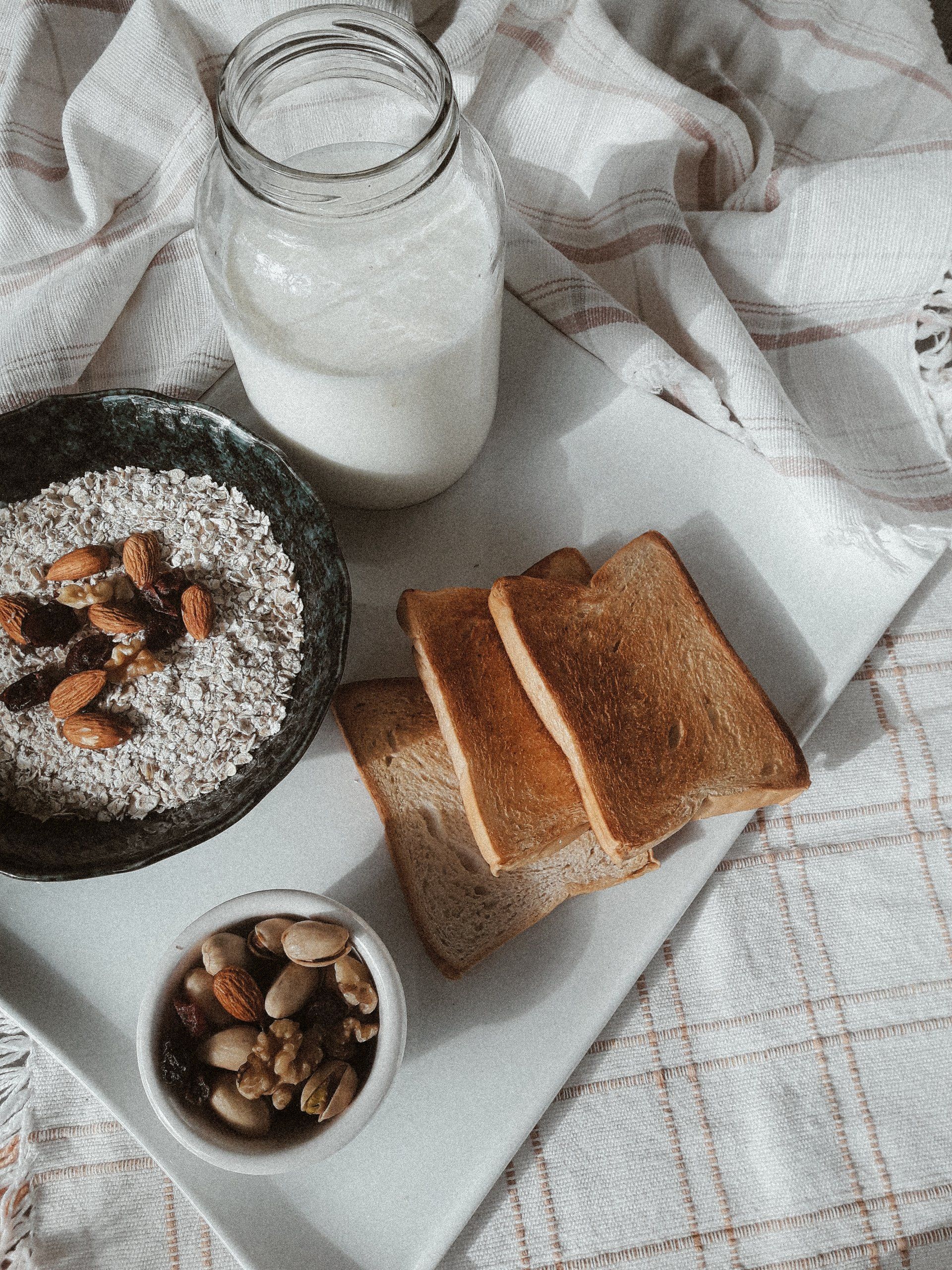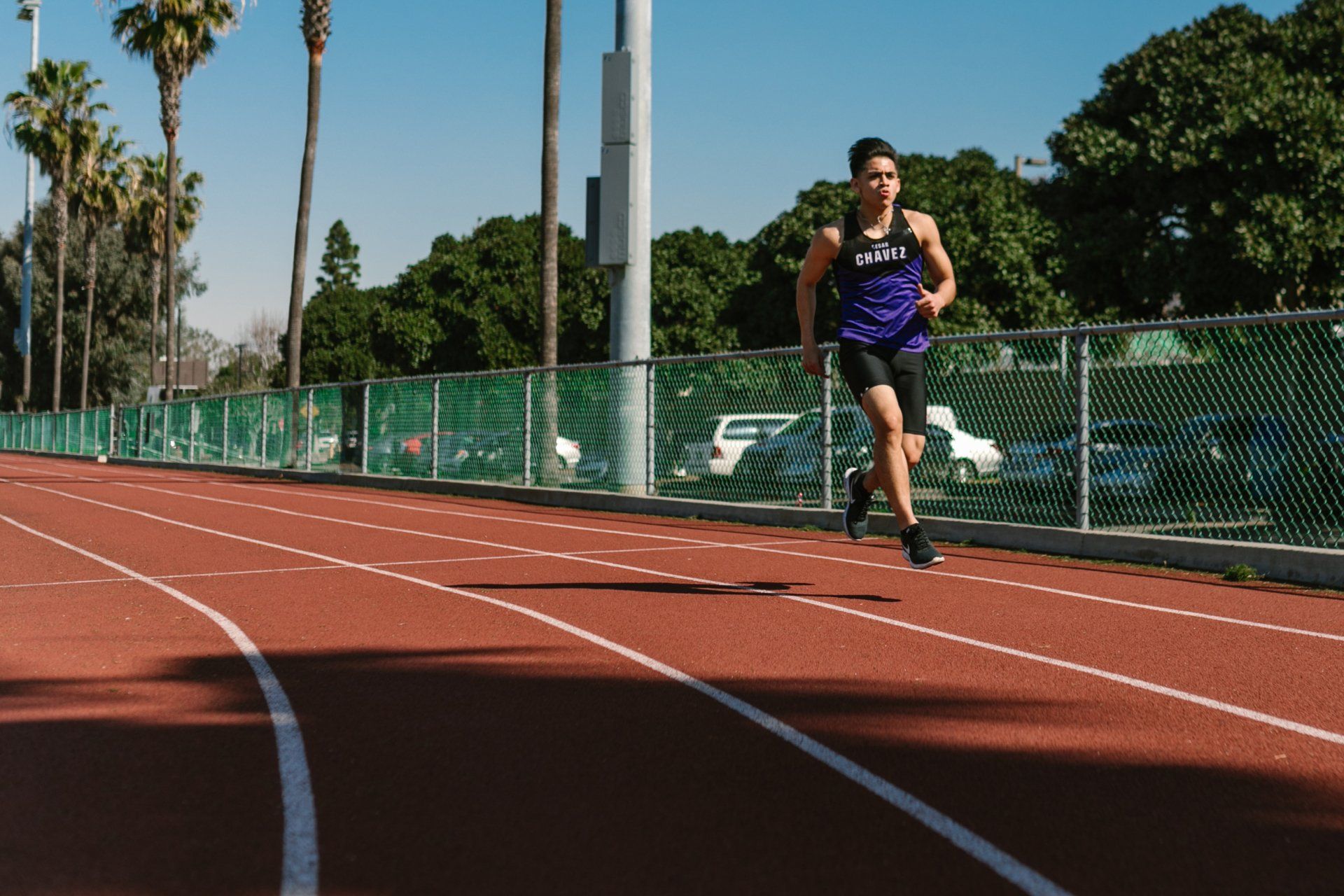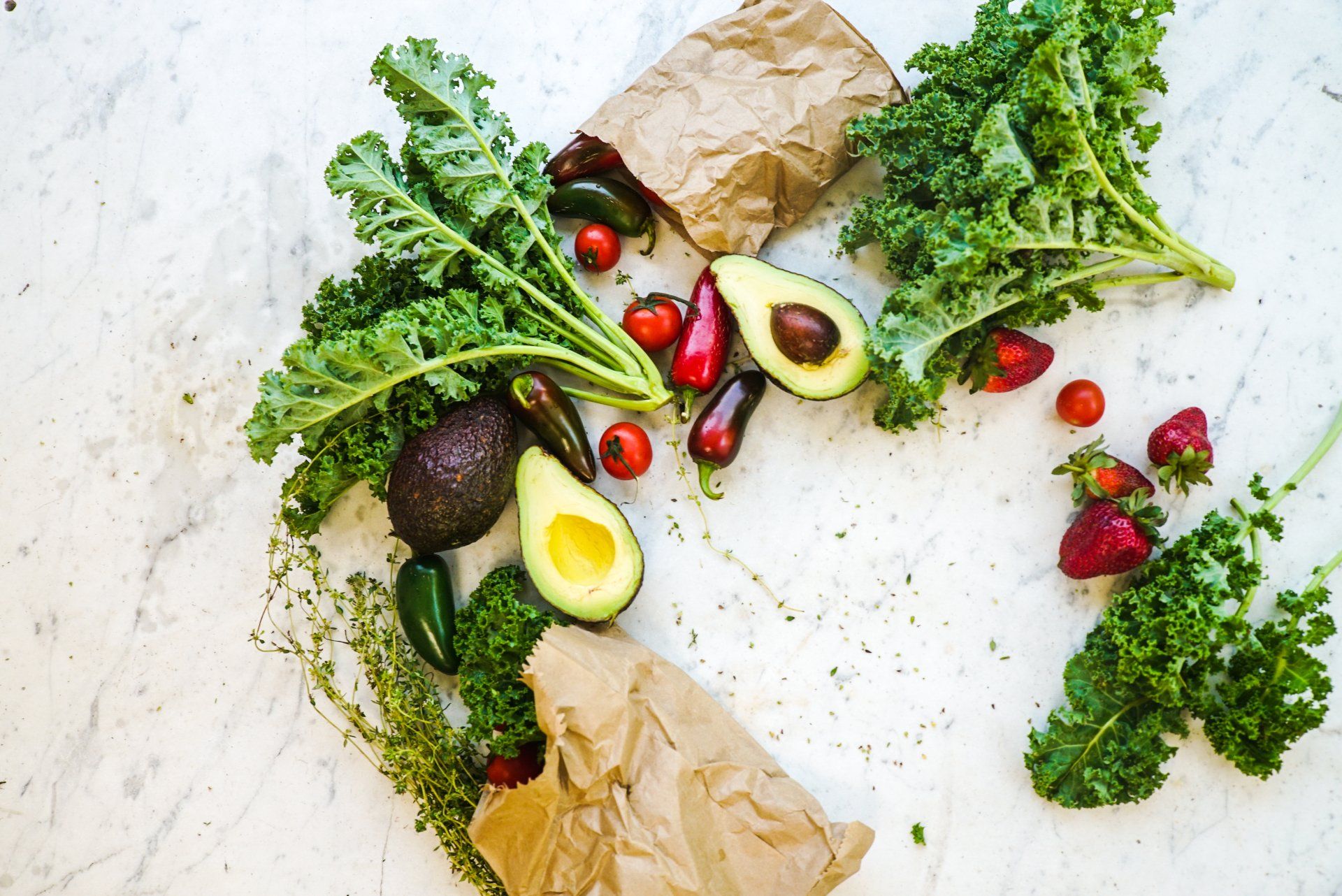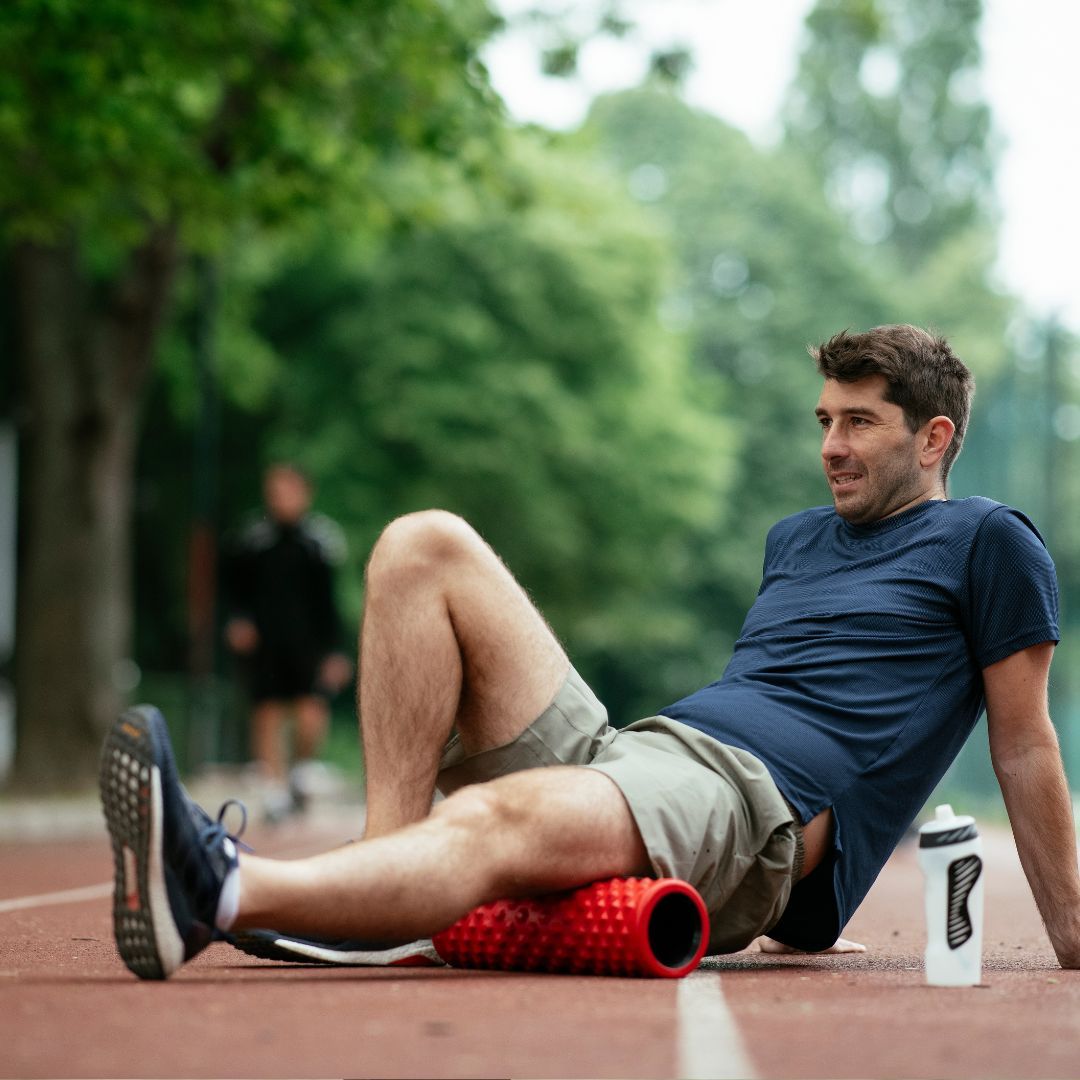Optimising your pre-run nutrition.
When it comes to running and nutrition, what you eat and when you eat it can have a profound impact on your performance, recovery, and overall health.

When it comes to running and nutrition, what you eat and when you eat it can have a profound impact on your performance, recovery, and overall health. The right nutrients can fuel your run, improve your performance, and speed up recovery, while the wrong foods or timing can hinder your efforts. This article will delve into the science of pre-run nutrition, providing evidence-based recommendations for what to eat and when to optimise your runs.
The Importance of Pre-Run Nutrition
Nutrition plays a crucial role in fueling your muscles and your brain during workouts. Consuming the right nutrients before running ensures that your body has enough energy to perform at its best, preventing premature fatigue and enhancing endurance.
Carbohydrates are the primary fuel for running, especially during high-intensity quality sessions. Consuming carbs before running increases muscle glycogen stores, providing a readily available source of energy for your workout [1].
Protein, on the other hand, aids in muscle repair and growth and can prevent muscle protein breakdown during exercise [2]. Consuming protein before running can also increase muscle protein synthesis, promoting muscle growth and recovery [3], as well as having the added bonus of slowing down the release of carbs into your system making sure your nutrition will sustain you for a lot longer.
What to Eat Before a Run
Given the importance of carbohydrates and protein for exercise performance and recovery, a pre-run meal or snack should contain a combination of both.
Carbohydrate sources could include whole grains such as brown rice or quinoa, fruits, oats or grainy bread. These foods provide a slow and sustained release of energy, helping to maintain blood sugar levels and prevent energy crashes during your workout.
Protein sources could include lean meats, fish, eggs, dairy products, or plant-based proteins like tofu, tempeh or nut butters. These foods provide essential amino acids needed for muscle protein synthesis and recovery.
A sample pre-run meal might include toast with peanut butter and jam, oats with peanut butter and honey, a chicken breast with a side of quinoa and vegetables, or a smoothie made with fruits, spinach, and a scoop of protein powder.
Timing Your Pre-Run Meal.
The timing of your pre-run meal is also crucial. As a general rule, you should aim to eat a meal containing carbs, protein, and some fats 2-3 hours before your run [4]. This allows enough time for digestion and absorption, ensuring that the nutrients are available for use during your run.
If you're unable to eat a full meal 2-3 hours before exercise, or prefer not to, a smaller snack consisting of easily digestible carbs and protein can be consumed 30-60 minutes before your run [5]. This is where toast or oats work best.
Individual Considerations.
Keep in mind that everyone is different, and what works for one person may not work for another. Factors such as individual digestion speed, type of run session, and personal preferences can all influence the optimal pre-run nutrition strategy.
In conclusion, pre-run nutrition is an important aspect of exercise performance and recovery. By consuming a balanced meal or snack of carbohydrates and protein before your run, you can ensure that your body has the fuel it needs to perform at its best.
References
- Hawley JA, Leckey JJ. Carbohydrate Dependence During Prolonged, Intense Endurance Exercise. Sports Med. 2015;45(Suppl 1):5-12. doi:10.1007/s40279-015-0400-1
- Pasiakos SM, McLellan TM, Lieberman HR. The effects of protein supplements on muscle mass, strength, and aerobic and anaerobic power in healthy adults: a systematic review. Sports Med. 2015;45(1):111-131. doi:10.1007/s40279-014-0242-2
- Cribb PJ, Hayes A. Effects of supplement timing and resistance exercise on skeletal muscle hypertrophy. Med Sci Sports Exerc. 2006;38(11):1918-1925. doi:10.1249/01.mss.0000233790.08788.3e
- Kerksick CM, Arent S, Schoenfeld BJ, et al. International society of sports nutrition position stand: nutrient timing. J Int Soc Sports Nutr. 2017;14:33. doi:10.1186/s12970-017-0189-4
- Aragon AA, Schoenfeld BJ, Wildman R, Kleiner S, VanDusseldorp T, Taylor L, Earnest CP, Arciero PJ, Wilborn C, Kalman DS, Stout JR, Willoughby DS, Campbell B, Arent SM, Bannock L, Smith-Ryan AE, Antonio J. International society of sports nutrition position stand: diets and body composition. J Int Soc Sports Nutr. 2017 Jun 14;14:16. doi: 10.1186/s12970-017-0174-y. PMID: 28630601; PMCID: PMC5470183.











